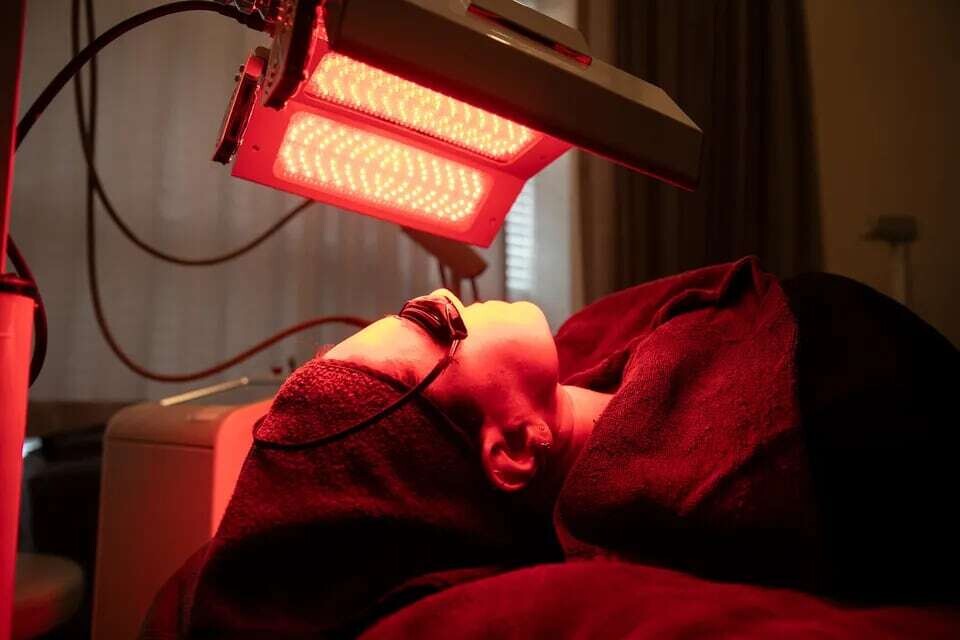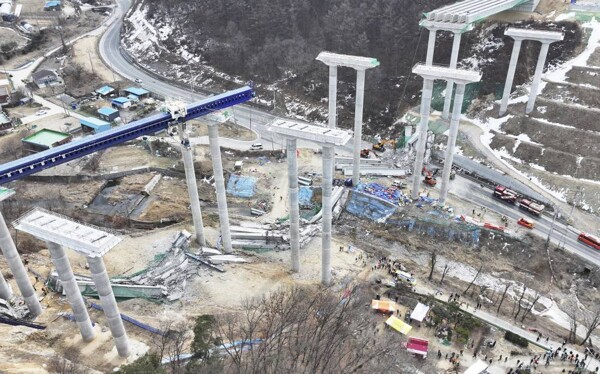
South Korea has become a popular destination for medical and cosmetic tourism, generating over 2 billion dollars in 2023. However, despite the booming sector, the country faces a pronounced shortage of doctors. With an increase in patients and a decrease in medical staff, emergency rooms are empty and intensive care patients must wait months for a consultation.
According to a report from Dankook University, the shortage of doctors in Korea has led to more than 3,750 deaths since 2017. With projections indicating a deficit of 15,000 doctors by 2035, the government proposes to increase admissions in medical schools by two-thirds. However, nearly 13,000 doctors and residents went on strike in February, exacerbating the situation.
Despite the high concentration of aesthetic surgeons in Korea, hospital doctors face long hours and exhausting conditions. Plastic surgery, with its potential for higher income and more flexible hours, has become attractive to many healthcare professionals. However, this shift raises concerns about the care of critically ill patients and the quality of medical care overall.
Medical tourism in South Korea has attracted hundreds of thousands of foreigners, including famous cases that have ended in tragedy. Safety standards and the risks associated with cosmetic procedures have raised concerns about the quality of care amid the industry's boom.
Despite advancements in technology and procedures, structural challenges in Korea's medical care, including staff shortages, remain a concern. The lack of doctors in essential areas such as obstetrics and vital care poses challenges to the sustainability of medical care in the country.
Meanwhile, other countries such as Malaysia and Thailand are positioning themselves as competitive destinations for medical tourism. Although the aesthetic surgery sector in Korea continues to be strong, concerns about the quality of care and the medical crisis persist amid the growing popularity of these procedures.













